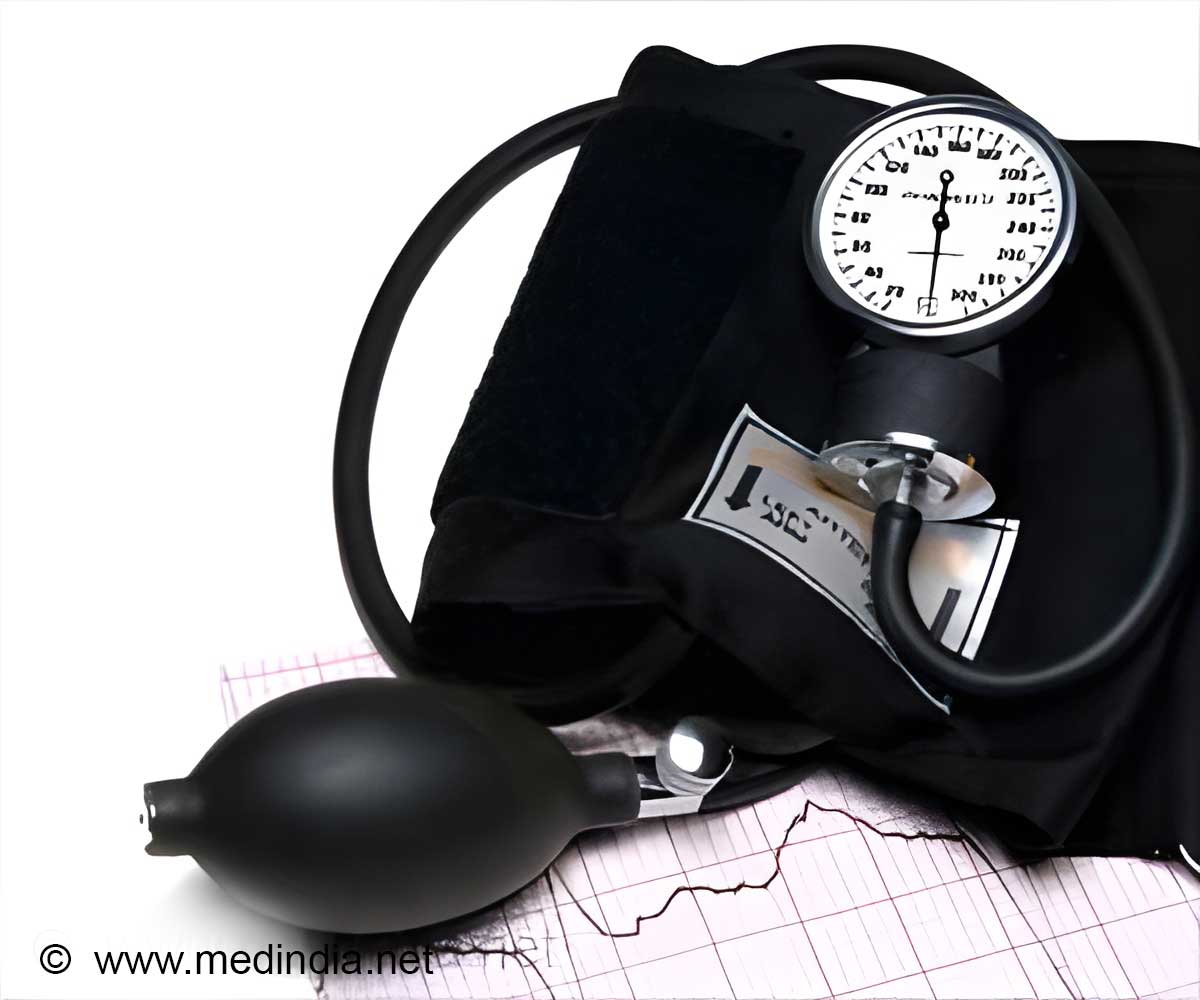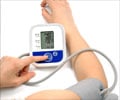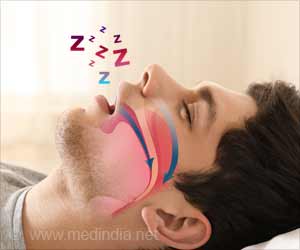High blood pressure at night was linked to signs of cerebrovascular disease and memory problems, stated new study.

‘Reverse dipping may amplify the effects of high blood pressure on people's cerebrovascular health and associated cognitive abilities.’





The study involved 435 people with an average age of 59 who were enrolled in a study of aging in Venezuela. Their blood pressure was monitored for 24 hours at home with a device that took their pressure every 15 minutes during the day and every 30 minutes at night. They had brain scans to look for the small areas in the brain that appear damaged from vascular disease, called white matter hyperintensities. They also took tests of their memory and other thinking skills. A majority of the people, 59%, had high blood pressure, which was defined as a 24-hour average of more than 130/80 mmHg, or were taking medication for high blood pressure. In half the people, the blood pressure dipped at night, in 40% it stayed the same, and in 10% it went up.
The researchers found that after adjusting for age, the people with high blood pressure and reverse dipping had over twice the amount of white matter hyperintensities as the other participants. They had an average of over six cubic centimeters of these white matter changes in the periventricular area of the brain, while the other participants had an average of 2.5 cubic centimeters or less.
Those with high blood pressure and the reverse dipping were also more likely to have had lower scores on a memory test than the other participants. They had average scores of about 33 while the other participants had average scores of about 40. These differences in memory across groups were explained partially by the differences in blood pressure and dipping status.
The study looked at people at one point in time. It does not show that nighttime blood pressure increases cause the white matter changes and memory problems. It only shows the association. "Longer studies that follow people over time will be needed to determine whether these factors do indeed lead to white matter changes and memory problems, although our initial findings are indeed consistent with this hypothesis," Brickman said.
Advertisement
Source-Eurekalert















